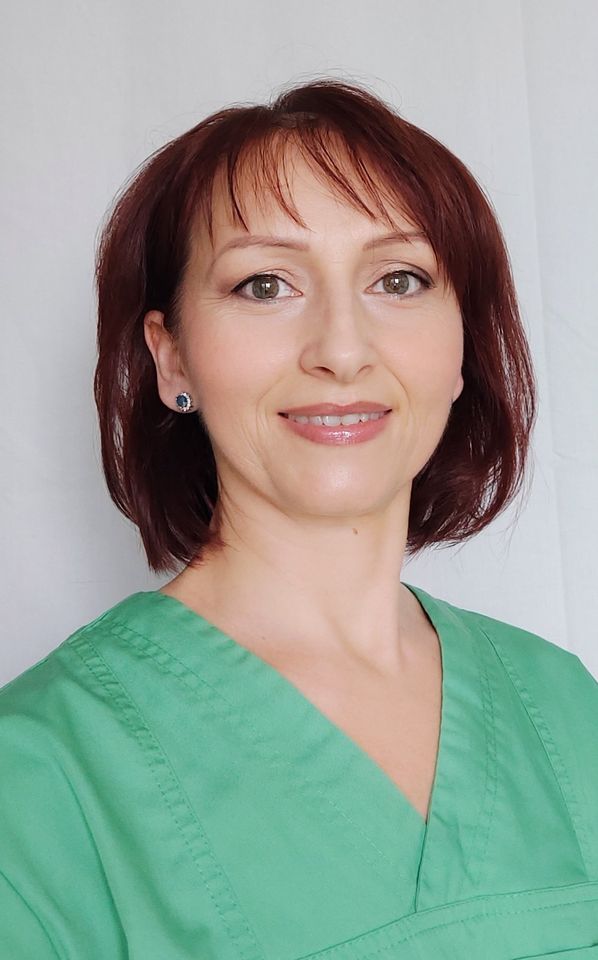What Is a General Dentist and Specialist Dentist?
The American Dental Association (ADA has 155,000 member dentists) recognizes nine (9) dental specialties. An accredited Dental Specialist has taken advanced training after graduating from dental school. The specialty training program must be recognized and accredited by the ADA Council on Dental Education at an accredited institution. Most states require a dental payment plans logan Specialist to limit their practice to their specialty. An accredited Dental Specialist can elect to practice General Dentistry with specialized training. This is not a declared specialist that is limited only to their specialty. A general dentist can provide any dental treatment that they are competent and confident in doing. All of the specialty areas of dentistry can be performed by a general dentist that get the necessary training. That is why the Academy of General Dentistry (AGD) was founded with the support of the ADA.

Since 1952 the AGD has served the needs and interests of general dentists. The AGD promotes the oral health of the public and fosters the proficiency of general dentists through accredited continuing dental education. The AGD helps general dentists to better serve the public. This is why 35,000 general dentists belong even though they must take accredited continuing education to maintain their membership.
Licensed dentists that hold themselves out to be specialists that have not completed an accredited training program in one of the dental specialties at an approved institution may be committing fraud. Most state Dental Practice Acts do not allow dentists to hold themselves out as a specialist in non-recognized/non-accredited "specialty". State Licensing Boards usually only allow the nine (9) ADA approved specialties and use the ADA accreditation system. Dentists that advertise and hold themselves out as a non-recognized/non-accredited "specialist" without informing the public that they are not really a specialist but only providing services in that non-recognized/non-accredited specialty area of general dentistry can be disciplined and even lose their dental license in that state. This is to protect the public from unscrupulous practitioners.
A dentist that provides unproven tests and treatment may not give relief or produce a correct diagnosis.
To be fair there are organized continuing education programs and dental organizations that can be comprehensive and extremely helpful to training the practicing dentist. The Academy of General Dentistry (AGD is the 2nd largest recognized US Dental Professional Organization) has their Fellowship (FAGD) and Mastership (MAGD) programs. This includes a program that requires a large number of accredited continuing education courses (FAGD = 500 hours; MAGD = 1100 hours including hands-on courses) in specified dentist tamborine. The Fellowship also requires a strictly administered written examination. The General Practice Board Certification (Civilian and Military) requires accredited continuing education lecture and hand-on courses, written examination and an oral examination of a comprehensive clinical case. The dentist must indicate that they are a General Dentist with the FAGD, MAGD or Board Certified GP. I believe that all 50 states have no problem with these designations but not as specialists.
There are dentists with good intentions that join non-accredited bogus specialty organizations. They can want good results for their patients but may not receive the training that they really need to provide the care that they would like to provide or advertise. It is often difficult for a dentist to know which of these organizations really will provide the training and support that they need and want. It is even more difficult for the patient to determine this. When in doubt go the proven route!
